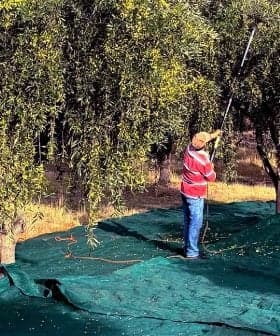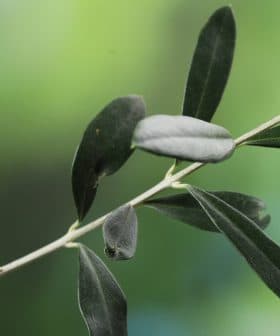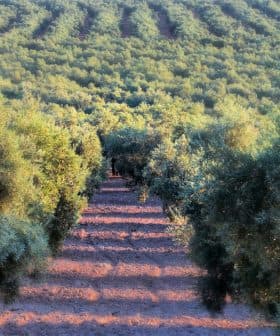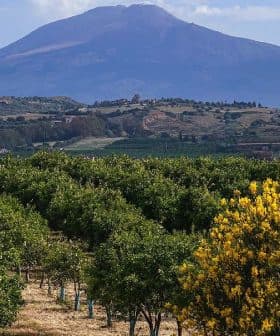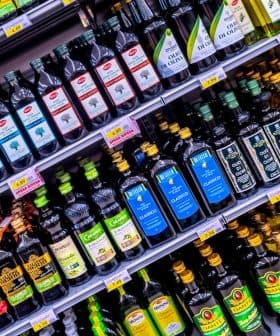 12.6K reads
12.6K readsNews Briefs
Spanish Researchers Pioneer Olive Fertilization with Silicon
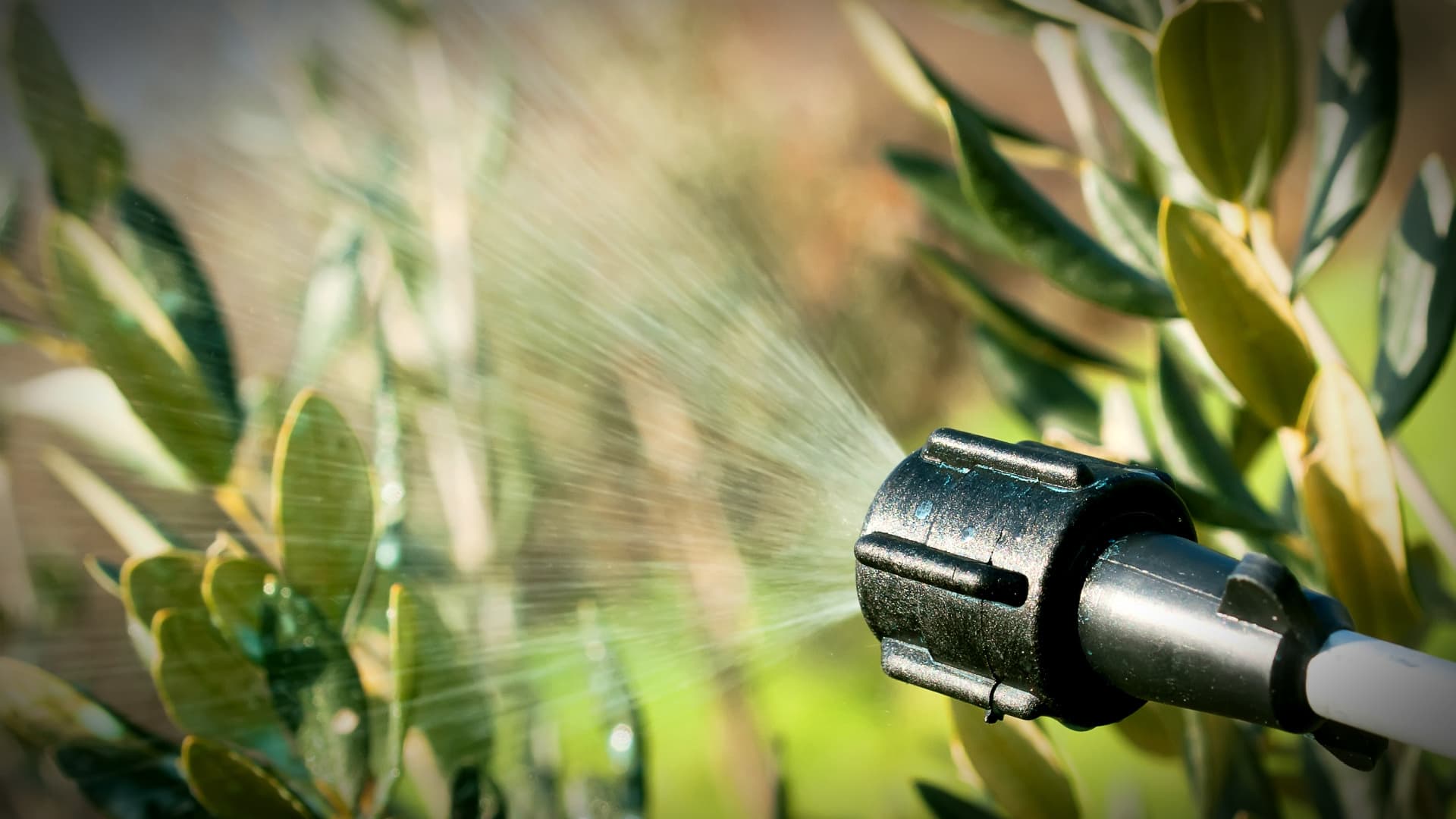
Researchers from the University of Córdoba found that silicon can protect olive groves against drought and pests, with experiments showing that both root and foliar application methods were effective in increasing silicon levels in plants. Further research is being conducted to explore the benefits of silicon against salinity, water stress, and pests like the olive fruit fly, with potential economic and environmental implications for the agricultural industry.
Researchers from the María de Maeztu Unit of Excellence — Department of Agronomy of the University of Córdoba (DAUCO) have published the first major study examining silicon as a fertilizer for olive groves. They concluded that this abundant element could protect against drought and a wide range of pests and diseases and can be applied to rain-fed and irrigated olive groves without negative environmental impacts.
Numerous studies have shown that silicon, the second most abundant element in the soil after oxygen, improves plants’ ability to resist the effects of key stressors, including drought, freezing, salinity and nutrient imbalance, pests and pathogens. The majority of these studies, however, have only researched ground crops such as wheat, rice, tomatoes and root vegetables.
To establish a scientific basis for the effective application of silicon fertilization in olive groves, the team conducted three experiments at the Experimental Farm of Rabanales, University of Córdoba, using Arbequina and Picual cultivars.
What is a cultivar?
An olive cultivar, also known as a cultivated variety, is a subspecies of the olive tree that has been selectively bred and propagated to produce specific desired characteristics, such as fruit size, oil content, and resistance to pests and diseases. Some of the most well-known olive cultivars include “Picual,” “Arbequina,” “Kalamata,” and “Frantoio.”
In each experiment, the researchers studied the effectiveness of two silicon fertilization methods: direct application to the roots via irrigation water and to the leaves via a foliar spray. After 120 days of treatment, all plants contained major silicon accumulation in the roots. Leaves and shoots also had significant levels of silicon.
Furthermore, differences in leaf accumulation between treated and control plants were evident within 60 days of application.
Leaf accumulation is of particular significance. The silica gel layer that forms between the outer layers of the leaf acts as a physical barrier, conferring protection against many pests and diseases and abiotic stresses, such as drought. In addition, previous studies have shown an active increase in photosynthesis in this layer’s leaves.
Once the silica gel layer is present, the silicon is no longer mobile. Therefore, researchers recommend regular treatment to ensure the element remains available to new leaves as the plant grows.
In addition to the physical silica gel barrier, biochemical/molecular mechanisms are induced or reinforced by silicon. They allow the plant to utilize defensive compounds, such as phenolics and phytoalexins and activate defensive enzymes, such as peroxidase and polyphenol oxidase.
Previous studies have also demonstrated a link between silicon and a plant’s ability to produce herbivore-induced plant volatiles (HIPVs), which attract beneficial predator species. One such HIPV is methyl salicylate, which has been shown to attract the green lacewing, a natural predator of many olive pests, such as the olive lace bug.
At the end of their experiments, the researchers found that both application methods were equally effective at increasing silicon levels in the plants. This result led them to conclude that the foliar spray method could deliver the same benefits to rainfed olive groves as the irrigation method confers to irrigated groves.
Researcher Ricardo Fernández Escobar highlighted the significance of this finding, saying, “most olive groves are rain-fed, and it is [already] very common to apply foliar treatments.”
“This study is a starting point that establishes the basis for future research that will allow us to know the exact benefits of silicon against different types of stresses. Right now, we are studying it against salinity, water stress, and olive fruit fly,” said Fernández, noting that silicon treatment has already proved successful against Spilocaea oleagina, the fungus responsible for olive peacock spot.
If further studies confirm silicon fertilization as an effective pest and disease control method, the results could have significant economic and environmental implications. Due to its natural abundance in the earth’s crust, including topsoil, silicon is both readily available and of little-to-no ecological concern.
Perhaps even more important is the element’s potential for increasing drought resistance in commercial olive trees, as shown in other crops, such as rice and wheat. 2022 saw record olive harvest losses across Europe and the Mediterranean due to extreme or unseasonal weather events, with drought being a driving force in many regions.



